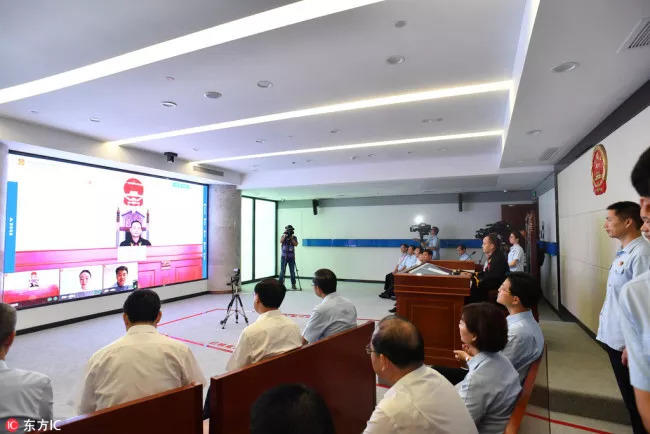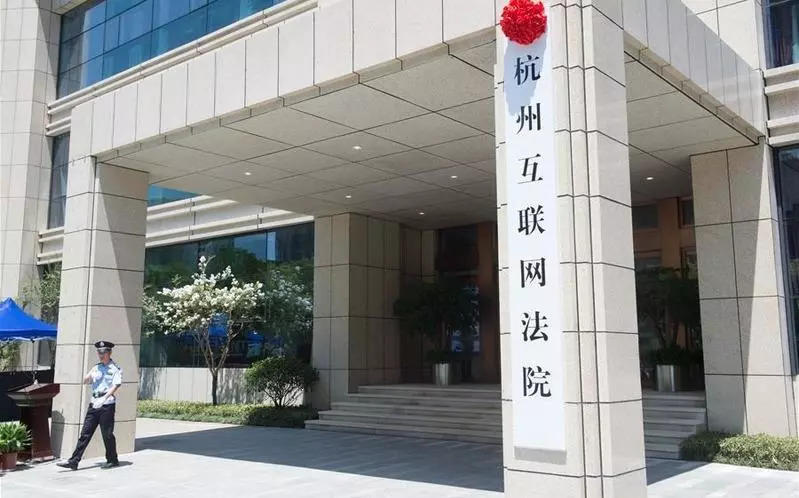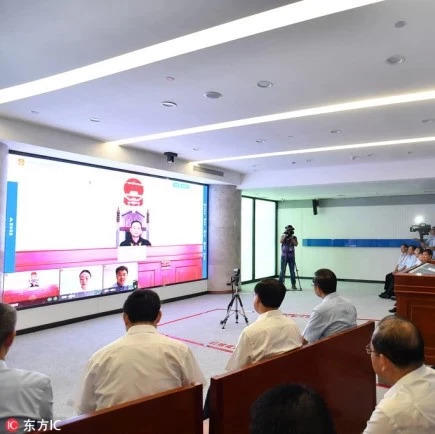China’s Supreme People’s Court (SPC) announced Friday that internet courts in Beijing and Guangzhou will officially open this month.

© Image | Google
The aim of the Internet courts
With 800 million internet users and counting, China’s got its hands full with online disputes between citizens.
So to deal with those raging fires, the country has not one, but two dedicated “internet courts”.

© Image | Google
Internet courts in the two cities, where e-commerce is booming, are aimed at developing an efficient, orderly and convenient Internet-based court system so as to modernize the country’s judicial system, the SPC statement said.
First Internet Court
China opened its first internet court in Hangzhou, capital of east China’s Zhejiang Province, in August last year to cater to the increasing number of online disputes.
In the past year, the Hangzhou internet court has heard about 12,000 cases and closed about 10,600, according to the SPC statement.

© Image | Google
In the Hangzhou court, each hearing, conducted online, takes about 28 minutes on average, about 40 percent of a traditional offline hearing, and the court proceeding of each case lasts about 41 days, half the time needed for a normal case, the statement said.
The regulation of Internet Court
According to the regulation, internet courts mainly handle civil and administrative cases related to the Internet, such as contract disputes involving online shopping, service and small loans, copyright and infringement lawsuits, domain name disputes, and some administrative lawsuits.

© Image | Google
The courts should run the proceedings largely online, which means filing the lawsuit, mediation, exchanging evidence, hearing and announcing the judgment will all be conducted through a customized Internet platform. The hearing will be done through live streaming on the same platform.
Internet courts can open the trial offline when the judges need to identify parties involved face to face and examine evidence. Other parts of the court proceeding can also be conducted off the line, upon the request of the parties involved and the needs of the trial.

